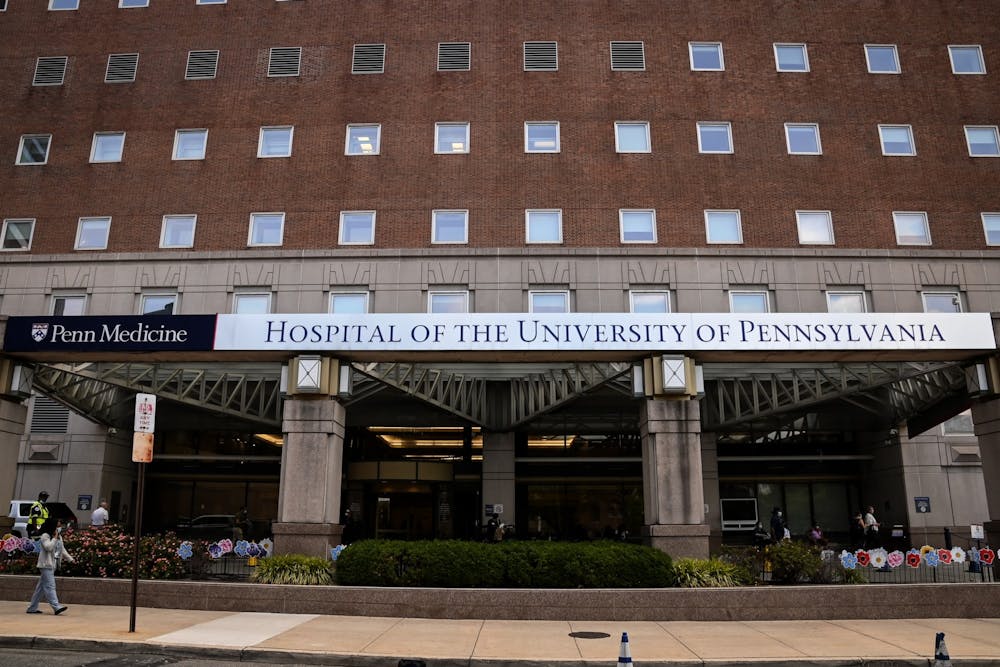
A recent study from Penn Medicine has found that treating lung cancer patients with proton therapy may help reduce the risk of radiation-induced heart diseases.
The retrospective study of 200 patients found that 1.1% of patients who received proton therapy experienced mini-strokes after treatment as compared to 8.2% of patients who received photon radiation therapy. The number of heart attacks among patients who received the proton therapy was reduced as well, though the difference was not statistically significant.
RIHD, which can result from cardiac toxicity in radiation therapy, is a serious concern for many lung cancer patients. According to a study published in the research journal Medicine, RIHD can affect up to 33% of lung cancer patients who undergo radiation.
One way to reduce the risk of RIHD is to lower the dose of radiation to the region, which can be accomplished using proton therapy. Proton therapy is a type of radiation therapy that is more precise than conventional radiation therapy and can reduce the radiation exposure of healthy tissue and organs near the tumor by between 50% and 70%, according to the Abramson Cancer Center at Penn.
Timothy Kegelman, chief resident in the Department of Radiation Oncology in the Perelman School of Medicine, presented the study's findings on Sunday at the virtual annual American Society for Radiation Oncology meeting.
“We know proton has the ability to minimize radiation doses to surrounding organs like the heart," Kegelman said in a press release. "And these latest findings suggest that sparing correlates with fewer cardiac problems compared to conventional therapy.”
The researchers hope that radiation oncologists can use the results of this study to minimize the risk of RIHD with new technologies involving proton therapy.
While the Penn Med study showed a decrease in the number of mini-strokes, which are caused by RIHD, there was no change found in the incidence of atrial fibrillation, or a rapid, irregular heartbeat that causes poor blood flow, coronary artery disease, heart failure, or stroke.
A large, international prospective study on the differences between proton therapy and photon radiation therapy in lung cancer patients is in phase III clinical trial and includes patients at Penn. The study has been ongoing since 2014 and is expected to finish accruing patients in 2022. The authors expect the study to show that proton therapy reduces the rate of RIHD and has a higher cure rate.
The Daily Pennsylvanian is an independent, student-run newspaper. Please consider making a donation to support the coverage that shapes the University. Your generosity ensures a future of strong journalism at Penn.
Donate







